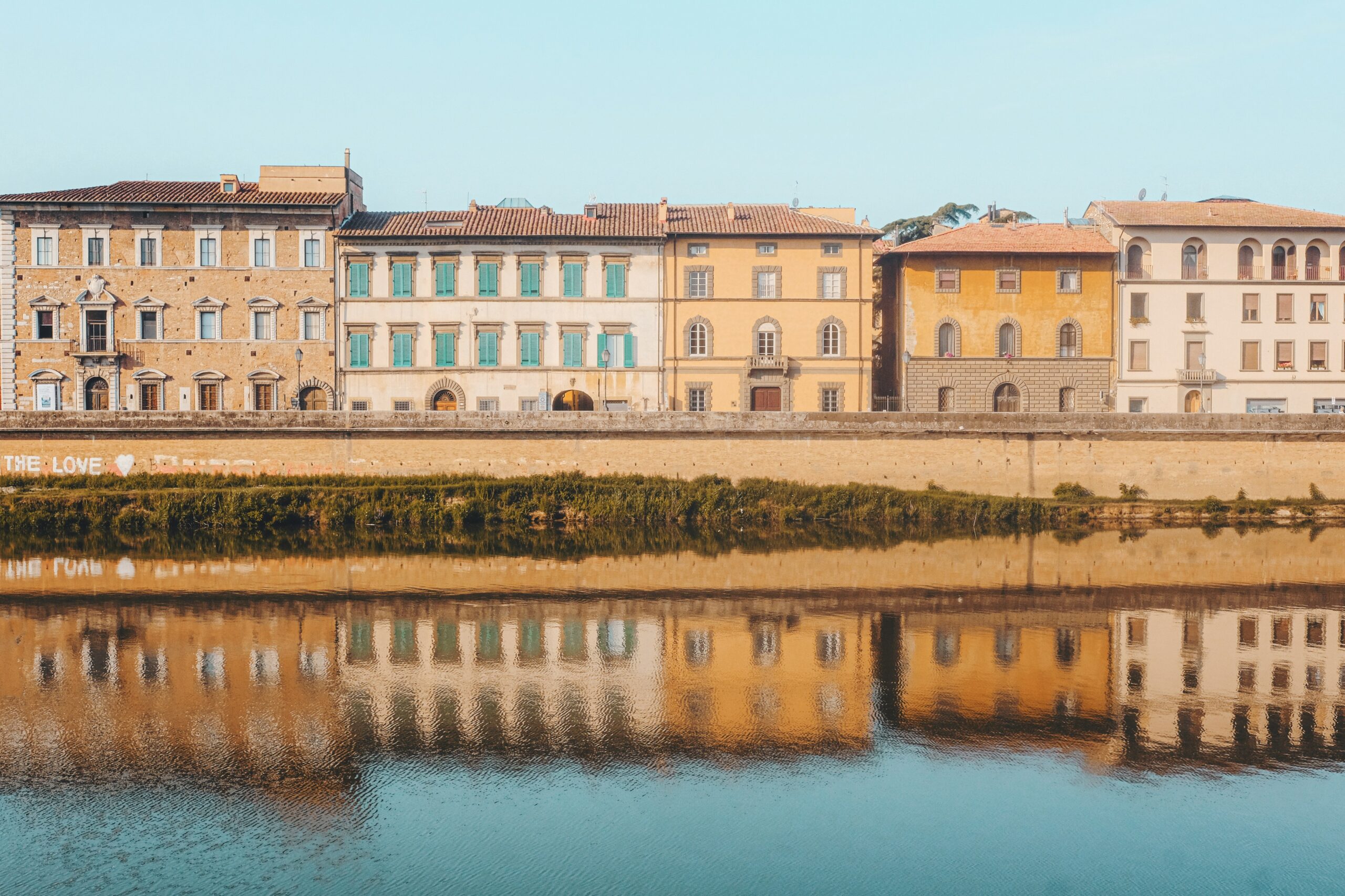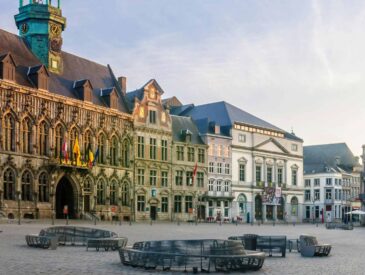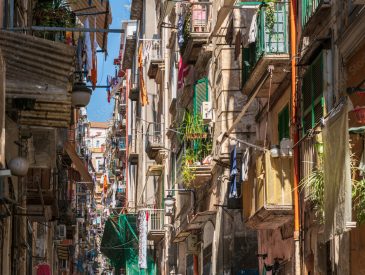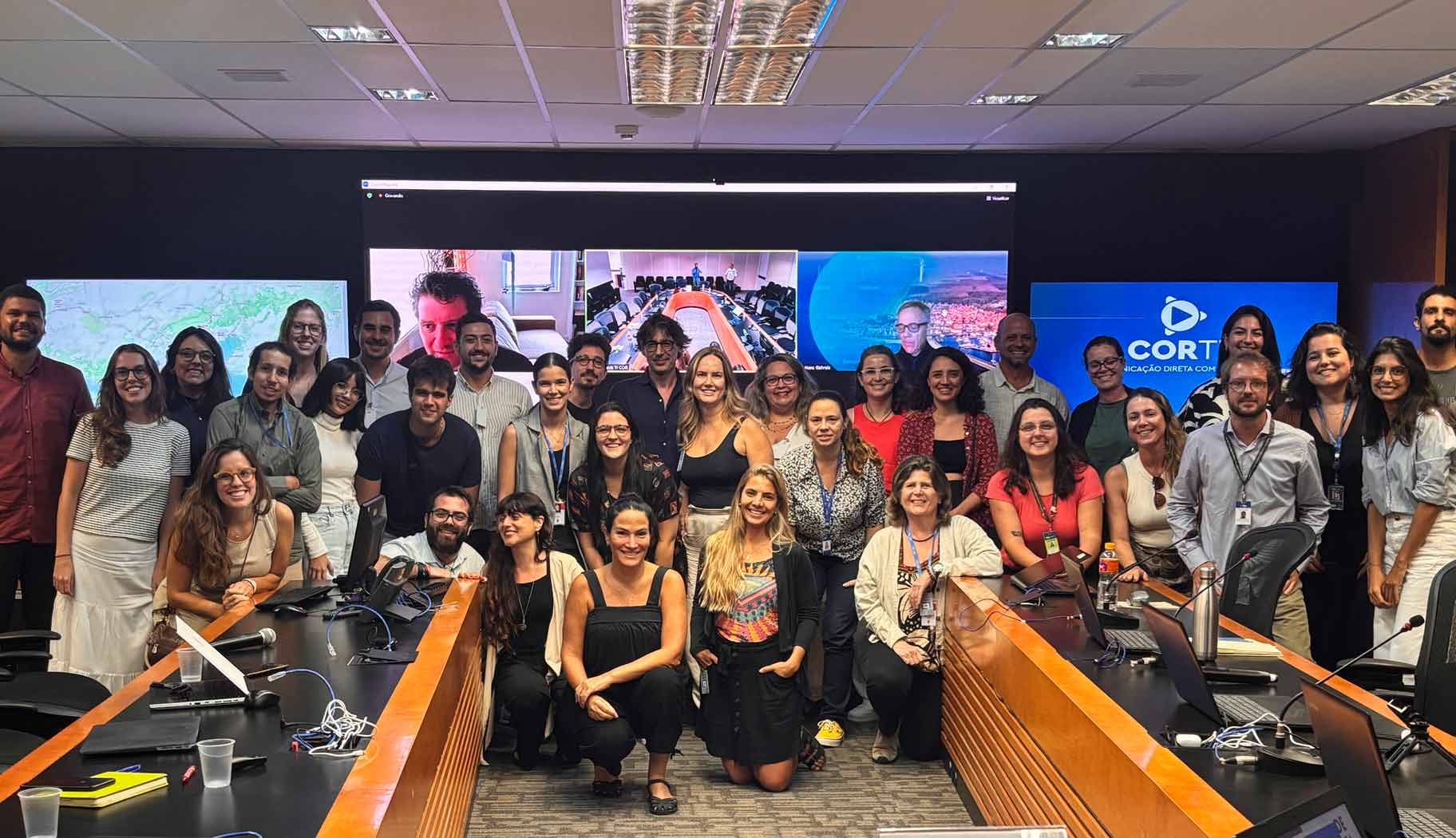Summer School on Governing Climate Resilient Cities
The Summer School on Governing Climate Resilient Cities, held from 30th September 2024 to 4th October 2024, was a transformative educational experience, designed to address one of the most urgent challenges of our time: adapting cities to the impacts of climate change while ensuring their sustainability and resilience. This event was the result of a collaborative effort between the University of Pisa, UN Habitat, University of Paris “Sorbonne”, University of Naples “Federico II”, and the Urban Climate Change Research Network (UCCRN).
As a Multiplier Event of the UCCRN-Edu Project, funded by the European Union, the Summer School served as a platform for knowledge exchange and capacity building, targeting those at the forefront of urban climate governance. By blending theory, policy discussions, and practical applications, the program tackled the complexities of urban governance in the face of climate change. Participants engaged in an in-depth exploration of innovative solutions, best practices, and actionable strategies to navigate challenges such as urban planning, infrastructure resilience, and governance frameworks.
The event also served as a hub for interdisciplinary dialogue, bringing together a diverse group of professionals, researchers, and academics to share insights and develop collaborative solutions for building more resilient urban futures.

Objective
The primary goal of the Summer School was to empower participants with the knowledge, tools, and skills necessary to address the multifaceted governance challenges posed by climate change in urban and metropolitan contexts.
Specific objectives included:
- Understanding Governance Complexities: Providing participants with a deep understanding of how climate change affects governance structures, urban planning, and policy-making processes.
- Exploring Innovative Solutions: Showcasing cutting-edge approaches, including nature-based solutions, green infrastructure, and multifunctional ecosystems, to enhance urban resilience.
- Building Practical Skills: Offering hands-on experiences through workshops and collaborative design sessions to translate theoretical knowledge into actionable plans.
- Promoting Interdisciplinary Collaboration: Encouraging dialogue and knowledge-sharing among policymakers, urban planners, researchers, and practitioners to foster holistic solutions to urban climate challenges.
- Addressing Global and Local Dimensions: Examining case studies from around the world, including Venice, to highlight how cities of varying sizes and contexts can implement climate resilience strategies.
By the end of the program, participants were equipped to critically assess urban governance systems, design resilient strategies, and implement climate-adaptive solutions in their professional roles.

Highlights of the Program
The program featured:
- Keynote lectures by distinguished experts on topics such as urban climate trends, democracy and climate change, the energy transition, and governance frameworks.
- Focused modules on science-based pathways to urban resilience, governance strategies, and practical tools for resilient urban planning.
- Workshops and case studies, including collaborative design sessions led by the UCCRN Team, where participants developed visions for future cities and shared best practices.
- A special case study presentations, offering insights into climate resilience in a historically significant urban environments.
Location and Materials
The Summer School took place at the Centro Congressi Le Benedettine in Pisa. For a detailed program of the event, including the full list of speakers and sessions, check out the agenda.
Closing
Thank you to all participants, speakers, and organizers for making this event a significant step forward in fostering climate-resilient urban governance.





